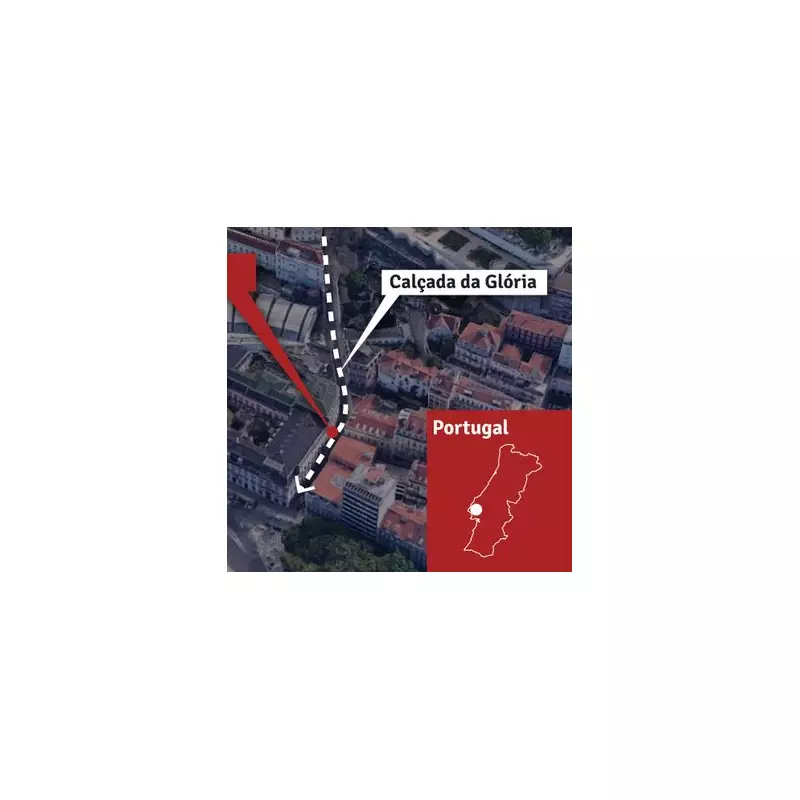
A heart-stopping near-miss has plunged Lisbon's world-famous funicular railway network into crisis, forcing an immediate and emergency shutdown. The city's iconic lifts—Gloria, Bica, and Lavra—are out of action after a damning official report exposed a catastrophic brake failure that could have ended in tragedy.
The incident, which occurred on the Bica line, saw a cable car begin moving uncontrollably while still occupied by maintenance staff. The official investigation states the carriage was "very close to disaster" after a critical safety mechanism—the track brake—completely failed to engage.
A System on the Brink
The report paints a picture of a system teetering on the edge. It condemns the "precarious maintenance" and highlights a culture of neglect, with inspectors finding a litany of faults. These included corroded structures, faulty brakes, and inadequate safety protocols that left both passengers and workers at risk.
In a swift response to the shocking findings, Portugal's Ministry of Labour grounded all three funiculars. The order from the Authority for Working Conditions (ACT) was unequivocal: operations must cease immediately until the "serious deficiencies" are rectified and safety can be guaranteed.
Tourism and Tradition Grind to a Halt
The closure strikes at the heart of Lisbon's identity and its thriving tourism economy. These century-old mechanical wonders are not just transport; they are national monuments and a quintessential experience for millions of visitors. Their sudden silence leaves a gaping hole in the city's cultural landscape and poses a significant problem for the operator, Carris.
The company now faces a race against time to conduct repairs and convince safety regulators that these historic assets can meet modern safety standards. The future of the funiculars, a symbol of Lisbon's charm, now hangs in the balance pending a rigorous and comprehensive overhaul.





